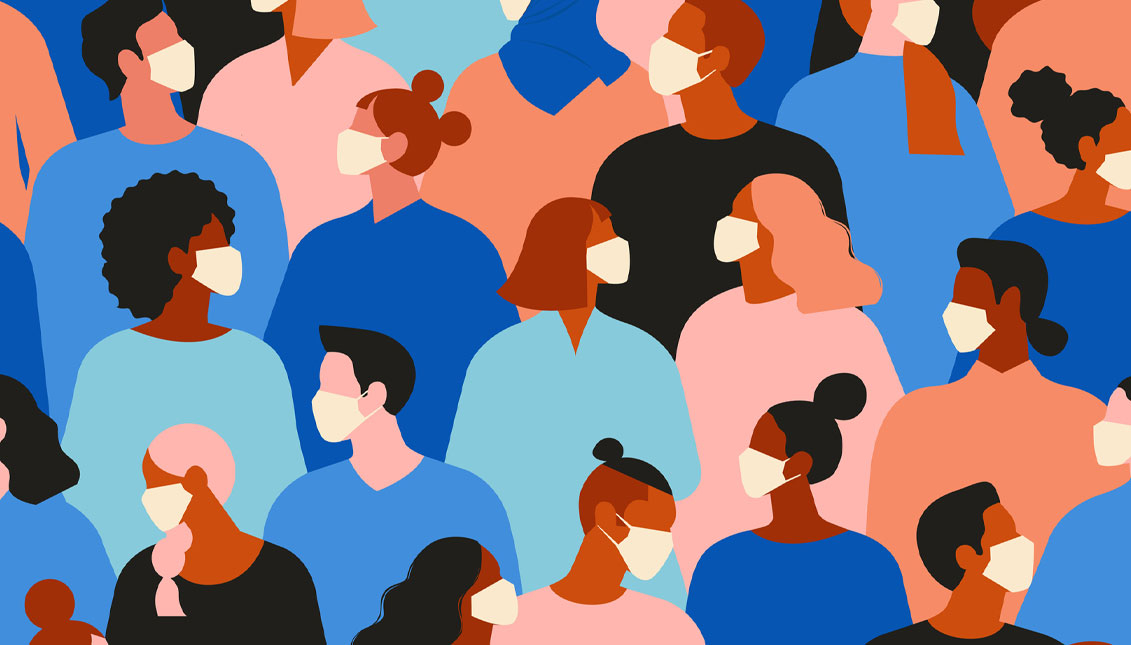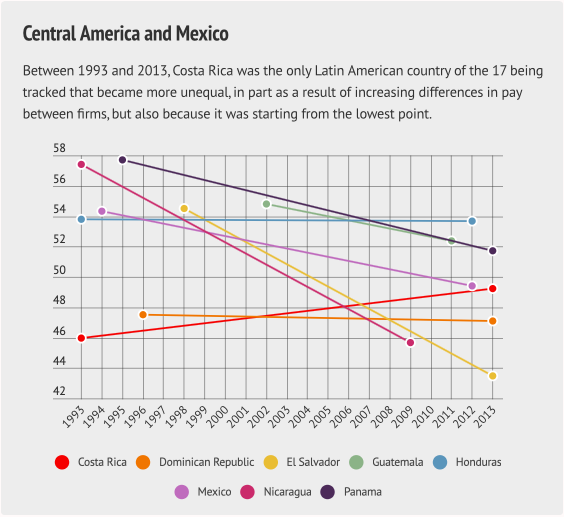
COVID-19 could help flatten another curve: inequality
If history serves to understand the present and imagine the future, it is possible that in the medium and long term the pandemic will have a good unexpected…
The title of this article may sound absurd and even offensive at this point in time, with employment in freefall and about 20,000 new cases of COVID-19 confirmed daily in the United States, but some economists are reminding us that on more than one occasion history has shown that stronger crises also lead to a greater redistribution of wealth.
Historian Walter Scheidel, in his book The Great Leveler: Violence and the History of Inequality from the Stone Age to the Twenty-First Century, points out that only four forces in history have managed to reduce inequality in a sustained way: war, revolution, state failure, and pandemics, recalls The Economist.
And these variables often coincide. For example, the Antonine Plague contributed to the fall of the Roman Empire.
In the case of Latin America, in addition to the battle that all countries are waging against the coronavirus, last year we saw the fires of social revolt being lit all over the continent. And what they all had in common was that they were fed by the indignation of the population in the face of the high levels of inequality and corruption of the political classes.
Despite the fact that Latin America and the Caribbean are two of the regions with the highest levels of economic inequality on the planet, in the recent past they have seen a significant improvement in the distribution of wealth - largely thanks to the commodity boom brought about by the growth of the Chinese economy - which could find new impetus in the measures that States will have to take to protect their most vulnerable populations and strengthen health services.
And if states do not do so voluntarily, it is clear to everyone that the chances of another social explosion are high. Already a few days ago, the first riots were recorded in Lebanon, pandemic or otherwise.

RELATED CONTENT

For Marshall Steinbaum, professor of economics at the University of Utah, the wars and the Great Depression of the 20th century led to a loss of credibility of the political classes that imposed measures tending to increase inequality and in their place the Welfare State began to emerge, which although it has lost strength in Europe and Latin America has not been fully implemented, could return.
In fact, the discussion of measures aimed at redistributing wealth and expanding access to health services were already part of the debates in the Democratic primary even before the virus swept through.
Thomas Piketty, author of "Capital in the 21st Century", explained to the Argentinean newspaper La Nación that in the short term we are going to see a battle between two narratives: one that will advocate increased investment in health systems and equality among the population and another that will favour the protection of borders. In the case of the United States, we don't have to make much effort to think about faces that represent both sides.
A third narrative that Piketty believes can proliferate is the idea that we cannot return to the pre-COVID-19 economic model and must organize the economy accordingly, applying new rules to markets.
This does not mean, in any way, that we can romanticize the pandemic: we continue to count the daily number of deaths by the thousands, the most vulnerable parts of the population will take the greatest number of victims from both the virus and the economic crisis secondary to it, alarms about the dangers of using technology to monitor the pandemic are increasing, and so are concerns about how more authoritarian governments are taking advantage of the situation to amass more power.
But while history need not repeat itself, it may help us find a light at the end of the tunnel to see the future with hope.











LEAVE A COMMENT: